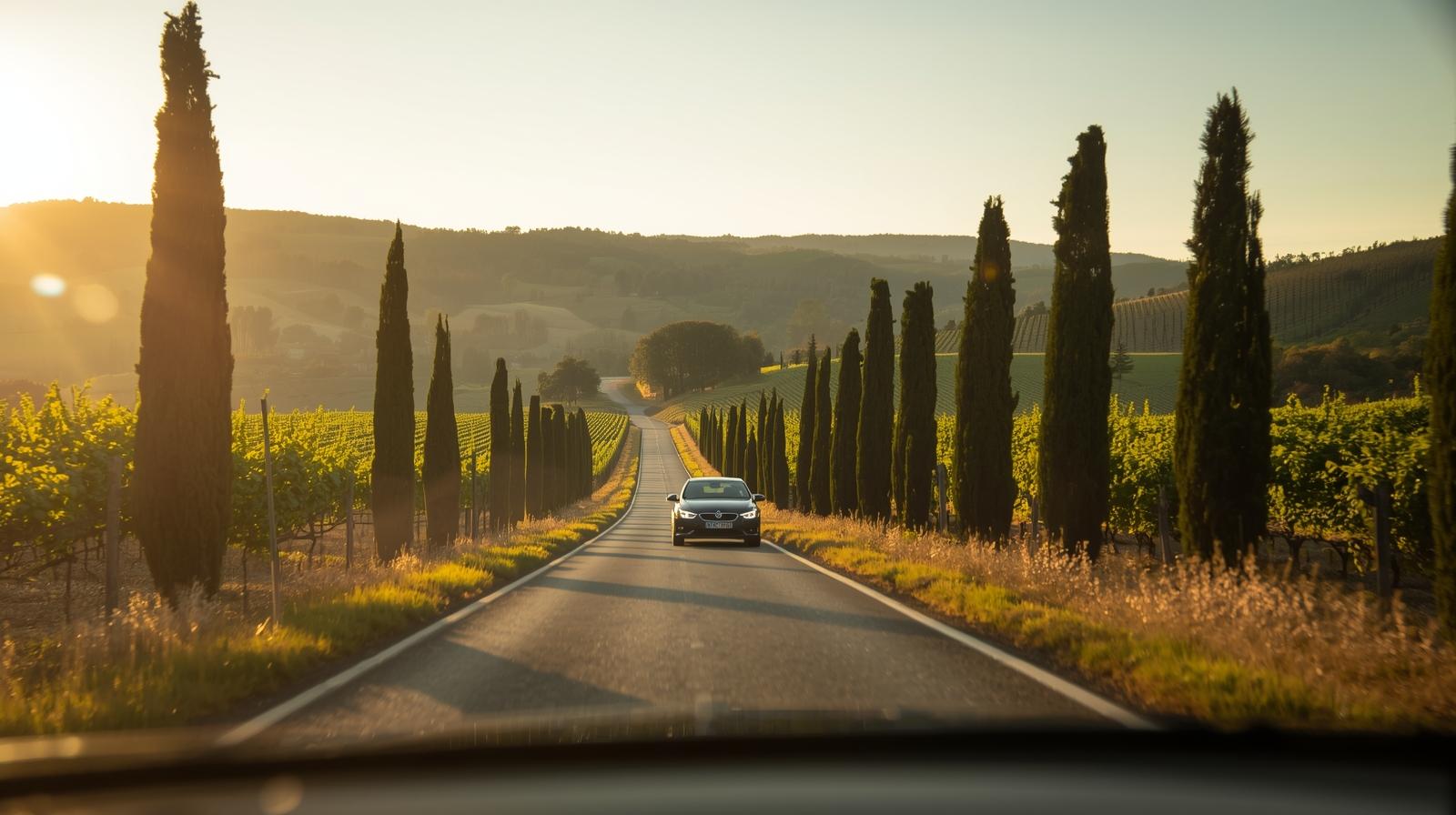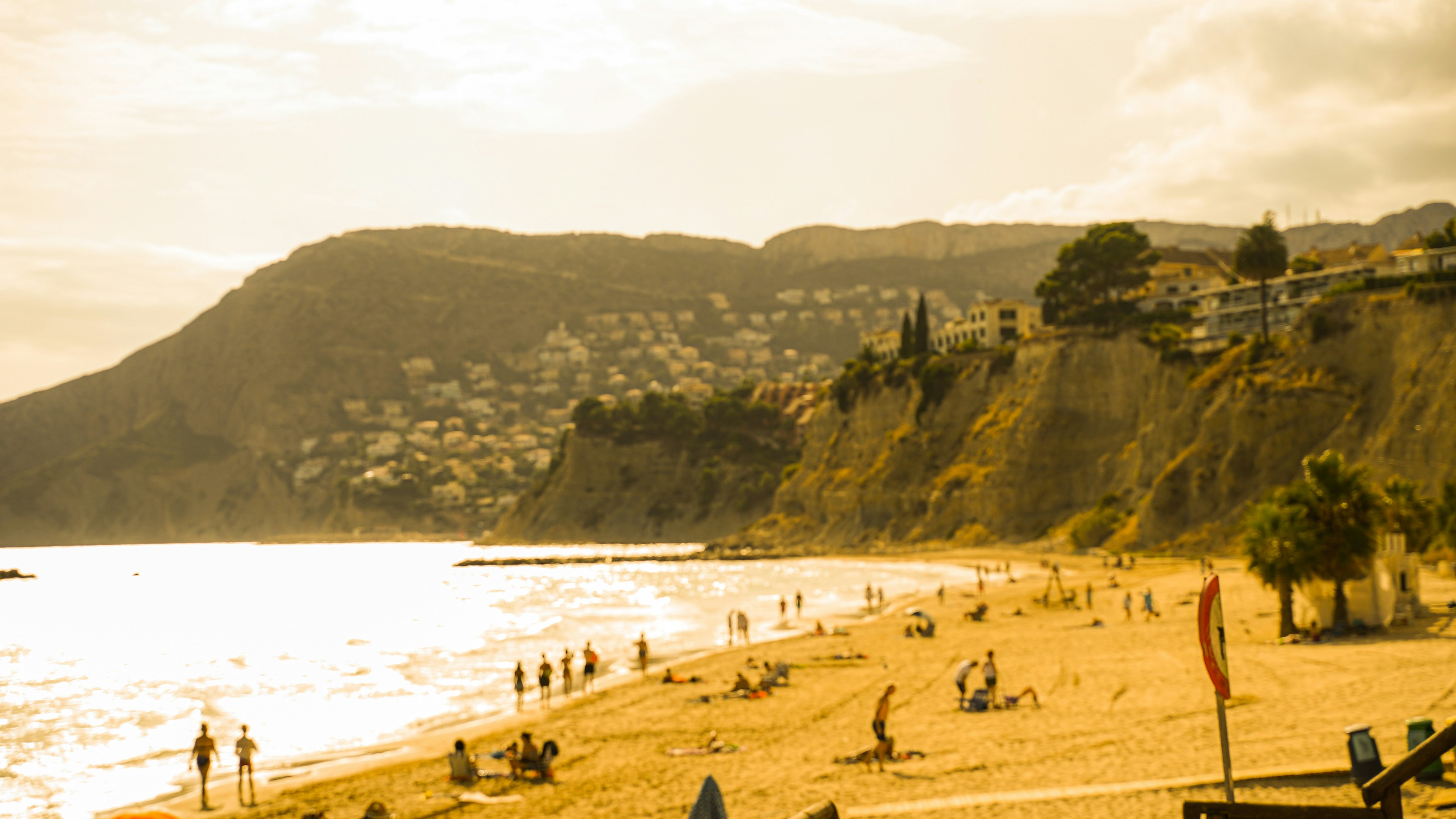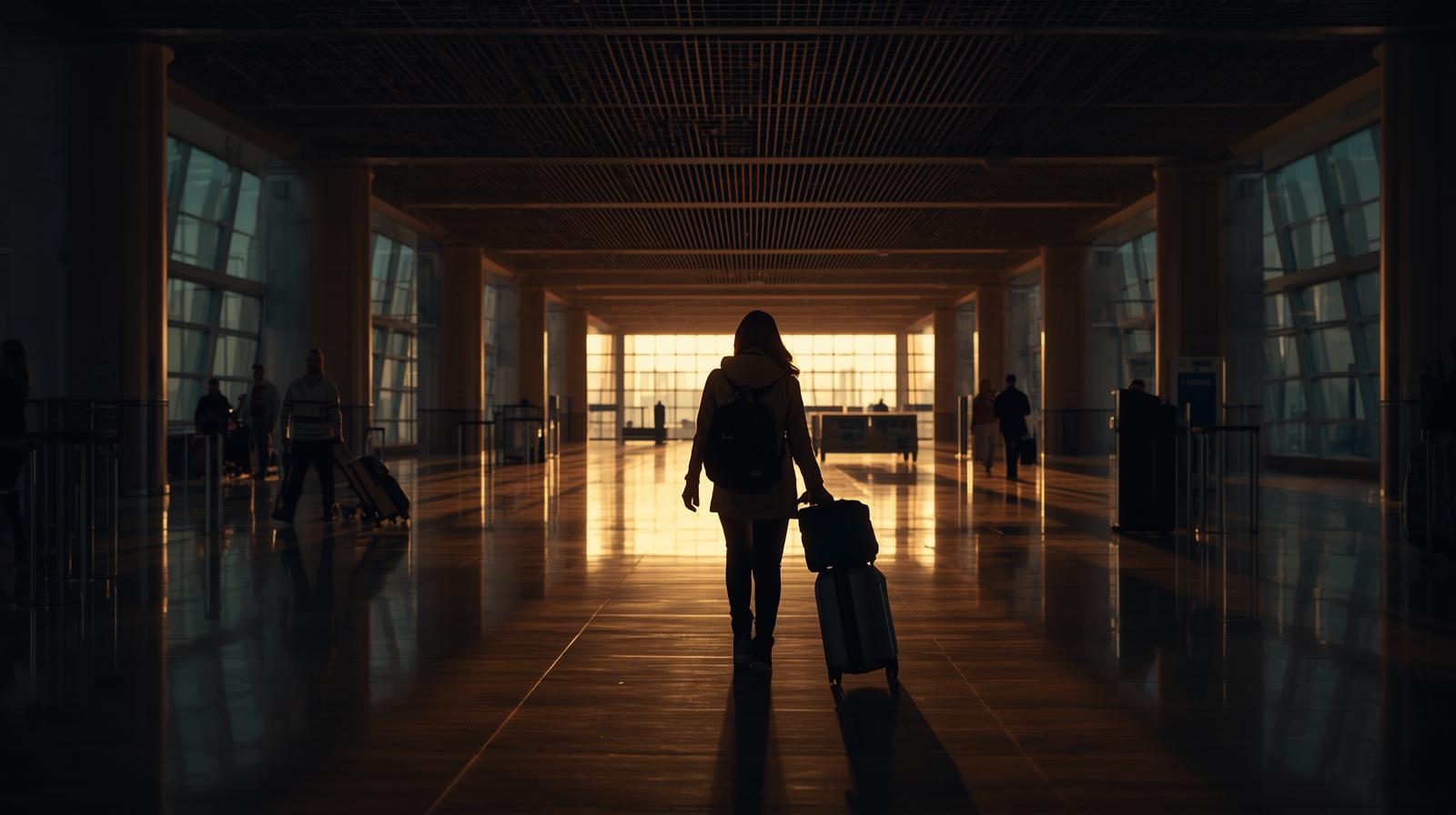
Thinking about driving to France or even just moving here, and plan on getting a car during your visit? Have you thought about what kind of paperwork you need to do so legally? It’s probably not your main priority, but you’ll want an understanding of the basics if you plan on staying here for a while.
We’ll cover everything that UK residents need to know about the process – from the licenses you’ll need to car insurance – throughout this article.
Fortunately, you can relax if you’re just planning to come here for a holiday since a valid UK driving licence (photocard) will get you across pretty much all of mainland Europe – France included. So you rarely need an international driving permit.
The only exception is if your licence was issued in the following locations – the border staff here can still ask for the permit as a backup:
If the plastic on your driver’s licence has somehow faded or if your address is outdated, you’ll want to replace it before you leave because French police authorities will spot a worn card and create problems out of nothing.
Bring these three pieces of paper, and you’re practically golden here:
And French law requires continuous car insurance – third-party minimum, the same as the UK – but there’s a chance that your provider might cap overseas cover at 90 days.
So if you overstay, an accident could leave you footing the bill. That’s why most drivers add car hire excess insurance or higher limits on personal travel policies for a bit of extra peace of mind.
Unfortunately, France sets the bar higher than home. So make sure you pack these items and avoid an on-the-spot fine that can hit up to €135:
Parents also need an approved child seat for under-ten-year-olds that’s sized to weight, not age. And there’s also a quirky priority rule you’ve got to remember: vehicles travelling downhill must give way to those climbing on mountain lanes unless a passing place says otherwise.
Speed caps feel pretty familiar here until rain falls. In dry weather, the western toll arteries (French motorways, or autoroutes) run at 130 km/h. But even just a bit of drizzle chops that to 110 km/h.
Rural routes (110 km/h/100 km/h wet) and town approaches (80 km/h/70 km/h wet) tighten that gap even further. In fact, the blanket is now 30 km/h in many French cities.
And enforcement of these rules is pretty brutal. France has roughly 4,160 fixed speed cameras plus a growing fleet of private radar cars ŧurned by contractors, according to transport media reports.
Furthermore, recent government data puts national road deaths at 3,154 in 2023, which is the second-highest in the EU after Italy. So that’s a stat that explains why some of those speed limits feel so strict.
Basically, ignore a flash and a fine may follow you home through EU data-sharing within weeks. Any unpaid penalties can quickly escalate, and a court summons crosses the Channel if you rack up multiple offences.
Unlike Britain, French police run random breath tests without needing any suspicion. So if you fail one of these, you’re risking a serious motoring offence charge that can mean vehicle seizure.
Minor slip-ups – missing vest, phone in hand, wrong lane for emergency vehicles – normally result in fixed penalties you settle roadside by card. The receipts you get are instant, but the whole process can obviously slow down a bit when you’re questioning an officer in English, so keep calm and carry ID.
Make sure you show:
Many car rental companies block large deposits to cover damage, but a standalone car hire excess insurance policy from the UK often costs a tenth of the hire company’s daily waiver. That’s worth every pound if you have some sort of accident, regardless of how serious it is.
And when you’re picking up the rental car, make sure you photograph all four corners and the windscreen before taking off. If you hit trouble on a back road, ring the hire desk and local emergency services (dial 112 EU-wide).
Remember to never drive a damaged vehicle without clearance because French insurers can and most likely will void cover if you ignore advice.
Paris, Lyon, Grenoble, and several others operate Crit’Air stickers that grade a vehicle’s emissions class. We’d recommend applying online weeks ahead of time since you’ll get a fine if you enter without the coloured disc.
Some zones even ban older diesels completely at peak smog. Check road signs – a red ring with “ZFE” marks restricted hours. Autoroutes skirting built-up areas keep the usual limits here, but slip roads funnel into cameras that monitor both speed and pollution status.
You’ll definitely shorten this interaction if you simply cooperate politely with the officers. They appreciate a basic “Bonjour” before you switch to English.
Want to get all your finances sorted before making the move? Upscore’s Finance Passport helps you use your UK credit score to secure a mortgage in France for free!

If you’ve recently moved to France or are planning a move, you’ll find car ownership here definitely has a bit...
Read More

Spain actually boasts more Blue Flag beaches than any other country in the world – 642 at the last count...
Read More

Weighing up the idea of moving to the United Arab Emirates? Maybe Dubai, maybe Abu Dhabi, or one of the...
Read More